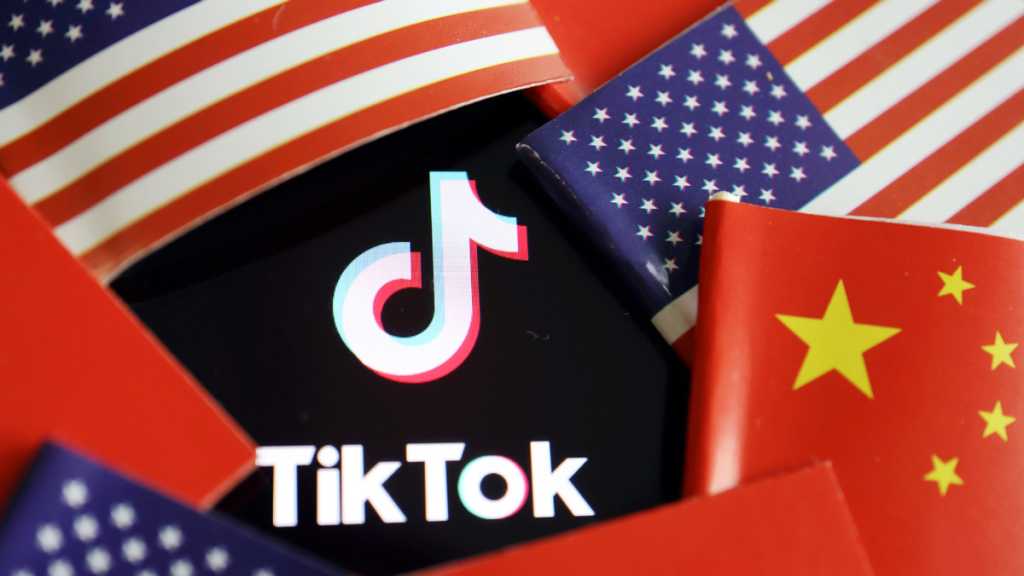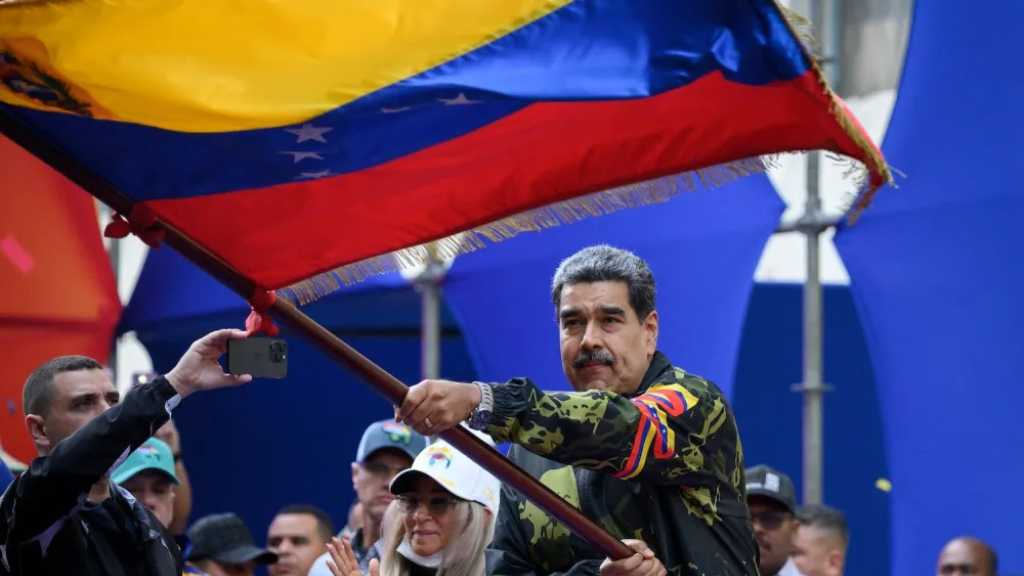
Spying on the Spies: How US Policy Against TikTok Reveals Its Own Surveillance Flaws

By Mohamad Hammoud
In recent years, the US government has taken a firm stance against TikTok, a popular social media platform owned by the Chinese company ByteDance. One of the primary arguments against TikTok is the alleged risk of Chinese government access to American users' personal data. Critics warn that this could lead to espionage, influence campaigns, or other forms of manipulation. While these concerns may be valid in theory, they lack substantiated evidence. To date, there has been no definitive proof that TikTok has shared user data with the Chinese government or engaged in activities beyond the standard data collection practices of other social media platforms like Facebook, Instagram, or Twitter.
To address these concerns, the US initiated a policy mandating the divestment of TikTok from ByteDance or face a ban. To justify this legally, Congress enacted the Protecting Americans from Foreign Adversary Controlled Applications Act [PAFACA], signed into law by President Joe Biden in 2024. This legislation requires ByteDance to either sell TikTok to a US-based company or face a ban in the United States.
Legal Challenges and First Amendment Concerns
TikTok and its followers have filed a lawsuit, which is now pending before the US Supreme Court. Their main argument centers on the First Amendment, claiming that the PAFACA violates their right to free speech by forcing them to sever ties with ByteDance or face a ban. They emphasize that this restriction hinders their ability to operate as a platform for user-generated content, which is protected under the First Amendment. TikTok's legal team argues that the government's national security concerns are speculative and lack concrete evidence, suggesting that these concerns are insufficient to justify the law.
The US Solicitor General has focused on the potential national security risks posed by ByteDance's control over TikTok and the possibility of the Chinese government accessing US user data. A decision is expected soon, as the law is set to take effect on January 19, 2025.
Surveillance Hypocrisy: The US vs. China
The United States' suspicion of Chinese espionage reflects a projection of its own surveillance practices. While the US concern about data privacy is not unfounded—given China's stringent laws requiring companies to cooperate with state intelligence efforts—it is crucial to recognize that the US has engaged in similar practices, both domestically and internationally. Edward Snowden's revelations in 2013 exposed the extent of the National Security Agency's [NSA] surveillance activities, which included mass data collection on American citizens and spying on foreign leaders and allies.
The NSA’s Overreach: PRISM and Beyond
One of the most significant issues Snowden exposed was the NSA's PRISM program, which involved the collection of vast amounts of data from major tech companies like Google, Yahoo, and Facebook. This program allowed the NSA to access emails, chat logs, and other private communications without individual warrants. The justification for this mass surveillance was national security, much like the rationale behind the US government's actions against TikTok. However, the PRISM program raised serious concerns about privacy and government overreach.
Moreover, the implications of US surveillance practices are equally troubling. The Patriot Act, enacted in the aftermath of the September 11 attacks, provided sweeping authority to monitor citizens, particularly targeting Muslims under the guise of combating terrorism. These measures included collecting metadata from millions of Americans who were not suspected of wrongdoing.
In addition, the NSA's activities extended to foreign leaders and allies. Snowden revealed that the NSA had been monitoring the phone calls of German Chancellor Angela Merkel, among others. This revelation strained diplomatic relations and highlighted the hypocrisy of the US government's stance on surveillance. While the US criticizes China for potential data access through TikTok, it has engaged in similar practices that undermine the trust and privacy of its allies.
Covert Operations: The Extent of NSA Activities
Another troubling aspect of the NSA's surveillance activities was the use of "method interdiction," where the agency intercepted packages to install surveillance devices before they reached their recipients. This tactic demonstrated the lengths to which the NSA would go to gather intelligence, often without the knowledge or consent of the individuals being targeted. Such actions further erode the credibility of the US government's claims that its concerns about TikTok are solely about national security.
Moreover, the NSA's ability to spy on computers that were not connected to the internet revealed the extent of its technological capabilities. This level of surveillance raises questions about the balance between security and privacy and whether the US government's actions against TikTok are genuinely about protecting citizens or exerting control over a foreign-owned platform.
Conflating National Security with Geopolitical Rivalry
By targeting TikTok, the US government risks setting a dangerous precedent that conflates national security with geopolitical rivalry. The focus on TikTok has been less about data security and more about maintaining technological dominance over China. If the US were genuinely concerned about data privacy, it would prioritize comprehensive legislation to regulate data practices across all platforms, regardless of their country of origin. Yet, efforts to establish robust privacy laws in the U.S. have been slow and inconsistent, leaving American users vulnerable to exploitation by domestic and foreign entities alike.
Conclusion
The US policy against TikTok, while ostensibly about national security, reflects broader issues of surveillance and data collection that the US itself has been implicated in. The revelations about the NSA's activities, both domestically and internationally, highlight the hypocrisy and double standards in the US government's stance. If the US is genuinely concerned about privacy and data security, it must address its surveillance practices and ensure that its actions are consistent with the principles it claims to espouse. Rather than singling out TikTok, the focus should be on creating a fair and transparent digital ecosystem that protects users’ rights and promotes trust in the global tech industry.
Comments

Defiant Land: When Nature Becomes a Weapon
one month ago
